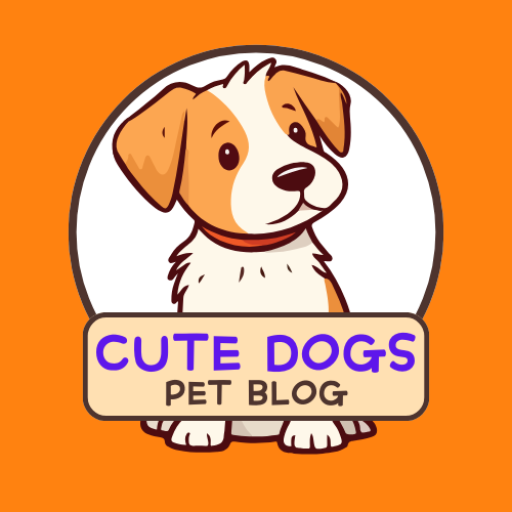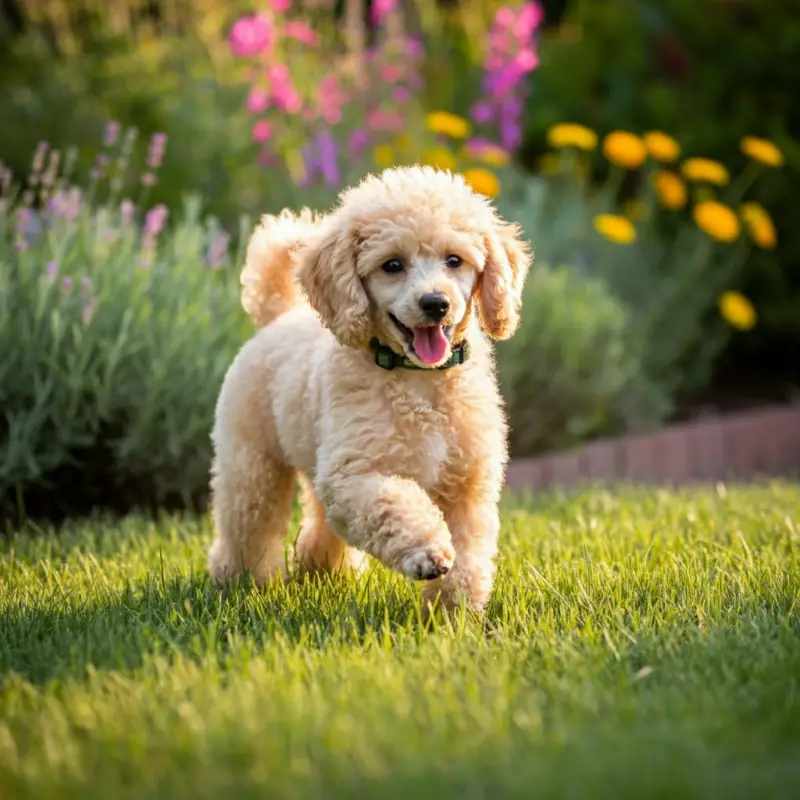The Ultimate Guide to Toy Poodles: A Loyal and Lovable Companion
Looking for a small dog with a big personality? Toy Poodles are the perfect blend of elegance, intelligence, and charm. Loved by families and dog enthusiasts alike, these pint-sized pets have a lot to offer.
In this guide, we’ll explore everything you need to know about Toy Poodles. From their fascinating history to tips for care, training, and socialization, by the end of this post, you’ll know exactly how to make life with a Toy Poodle as joyful as possible.
A Closer Look at Toy Poodles
Toy Poodles are much more than their glamorous reputation might suggest. Originally bred as water retrievers in Germany, Poodles (of all sizes) were prized for their intelligence and athleticism. The Toy Poodle, in particular, was developed later in France, where it became a favorite of royal families and aristocrats.
Why are Toy Poodles so popular?
There are plenty of reasons Toy Poodles remain one of the most beloved dog breeds:
- Size: At under 10 inches tall and weighing just 6–9 pounds, Toy Poodles are compact enough for any living space.
- Personality: They’re fiercely loyal, highly trainable, and full of energy.
- Looks: With their curly coats and sleek build, they’re undeniably eye-catching.
- Hypoallergenic Fur: Thanks to their non-shedding coats, they’re ideal for allergy sufferers.
Is a Toy Poodle Right for You?
Before bringing home a Toy Poodle, it’s important to consider their specific needs and traits.
What to Consider:
- Health: Like all dogs, Toy Poodles can be prone to genetic conditions such as patellar luxation or progressive retinal atrophy (PRA). Picking a responsible breeder is crucial.
- Maintenance: Their gorgeous coats aren’t low-maintenance. Regular grooming is essential.
- Living Space: While they don’t need acres to roam, these active dogs thrive on interaction and mental stimulation.
Who Can Benefit Most from Owning a Toy Poodle?
Toy Poodles are ideal for:
- Apartment dwellers looking for a portable pet.
- Individuals or families who want an adaptable, fun-loving dog.
- First-time dog owners who value a breed that’s easy to train.
Caring for Your Toy Poodle
A happy Poodle is one that’s cared for with love and attention. Here’s what keeping these adorable dogs requires.
Diet
Toy Poodles thrive on a balanced diet of high-quality dog food. Look for brands that list meat as the first ingredient and avoid foods with artificial additives. Remember to adjust portion sizes based on their age and activity level to prevent obesity.
- Tip: Introduce treats sparingly and use them mostly for training.
Exercise
Despite their size, Toy Poodles are energetic! Daily walks, playtime, and games like fetch are all essential.
- Ideal Schedule: A 30-minute walk plus 10–15 minutes of structured playtime.
- Mental Stimulation: Puzzle toys or learning new tricks can keep their keen minds sharp.
Grooming
Toy Poodles are known for their curly, dense coats, but maintaining that fabulous fur takes some effort.
- Brush their coat every other day to prevent tangles.
- Professional grooming every 4–6 weeks is a must.
- Don’t forget ear cleaning—regularly check for signs of irritation or infection.
Training
Toy Poodles are among the smartest dog breeds, making training a breeze. From potty training to agility courses, these pups excel at tasks that challenge their sharp minds.
- Start training as early as possible.
- Keep sessions short and reward-based to maintain their interest.
Health & Wellness of Toy Poodles
Common Health Concerns:
- Progressive Retinal Atrophy (PRA): A degenerative eye disorder that eventually leads to blindness.
- Patellar Luxation: Dislocation of the kneecap; common in small breeds.
- Dental Problems: Due to their small jaws, Toy Poodles are prone to tartar buildup and gum disease.
Preventative Care
- Schedule annual vet check-ups.
- Stay on top of vaccinations and parasite prevention.
- Brush their teeth regularly and use dog dental chews.
Recognizing Issues Early
Watch for symptoms such as lethargy, changes in appetite, or unusual behavior. Early detection is key to managing health conditions effectively.
Socializing and Training Your Toy Poodle
Toy Poodles love attention and companionship, but early socialization is vital to building their confidence.
The Importance of Early Exposure:
Introduce them to a variety of people, animals, and environments during their puppy stage. This will help minimize fear and anxiety later in life.
Socialization Tips:
- Attend puppy classes.
- Organize playdates with other dogs.
- Expose them to different sights and sounds, like parks or busy streets.
Essential Commands:
“Sit,” “Stay,” and “Come” aren’t just tricks—they’re essential for safety and control. Use positive reinforcement techniques and stay consistent.
A Toy Poodle as a Family Member
Toy Poodles make wonderful family pets because they’re affectionate and adaptable. However, they can be sensitive, so gentle handling is a must.
Interaction with Children:
Toy Poodles are naturally playful but may not tolerate rough handling from very young children. Educate kids on how to respect the dog’s boundaries.
Interaction with Other Pets:
When properly introduced, Toy Poodles often get along well with other household pets. Slowly integrate them into multi-pet environments to avoid territorial behavior.
Owning a Toy Poodle is a Joyful Adventure
Bringing a Toy Poodle into your life is like gaining a new best friend. They’re affectionate, intelligent, and endlessly entertaining. With proper care, attention, and love, they’ll brighten your days for years to come.
If you’re ready to start your Toy Poodle journey, or if you’re looking for trusted resources, check out reputable breeders, training guides, and grooming professionals.
Resources and References
- Books: “The Complete Guide to Poodles” by Jean Nue and “Poodle Handbook” by Linda Whitwam.
- Websites: American Kennel Club (AKC) and The Poodle Club of America.
- Professionals: Find a trainer or vet with small-dog expertise to set you and your pup up for success.







